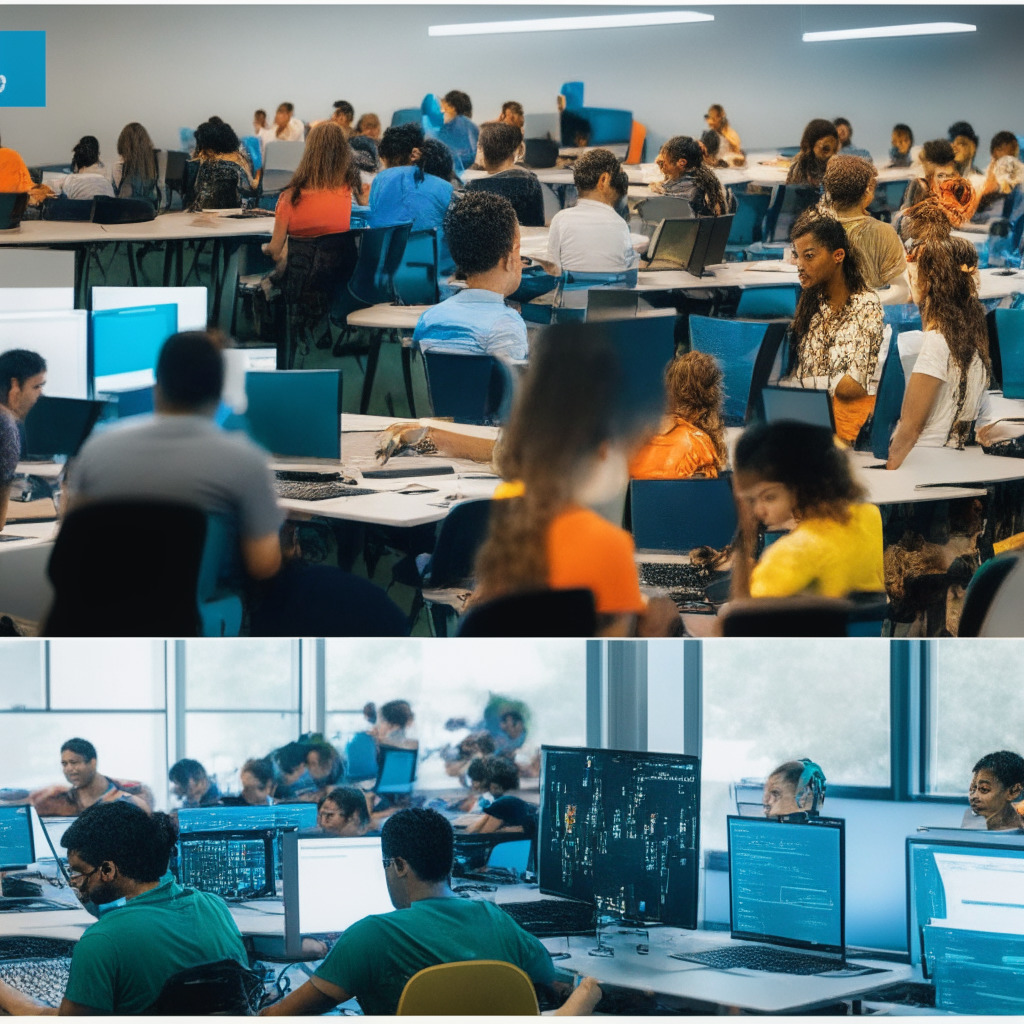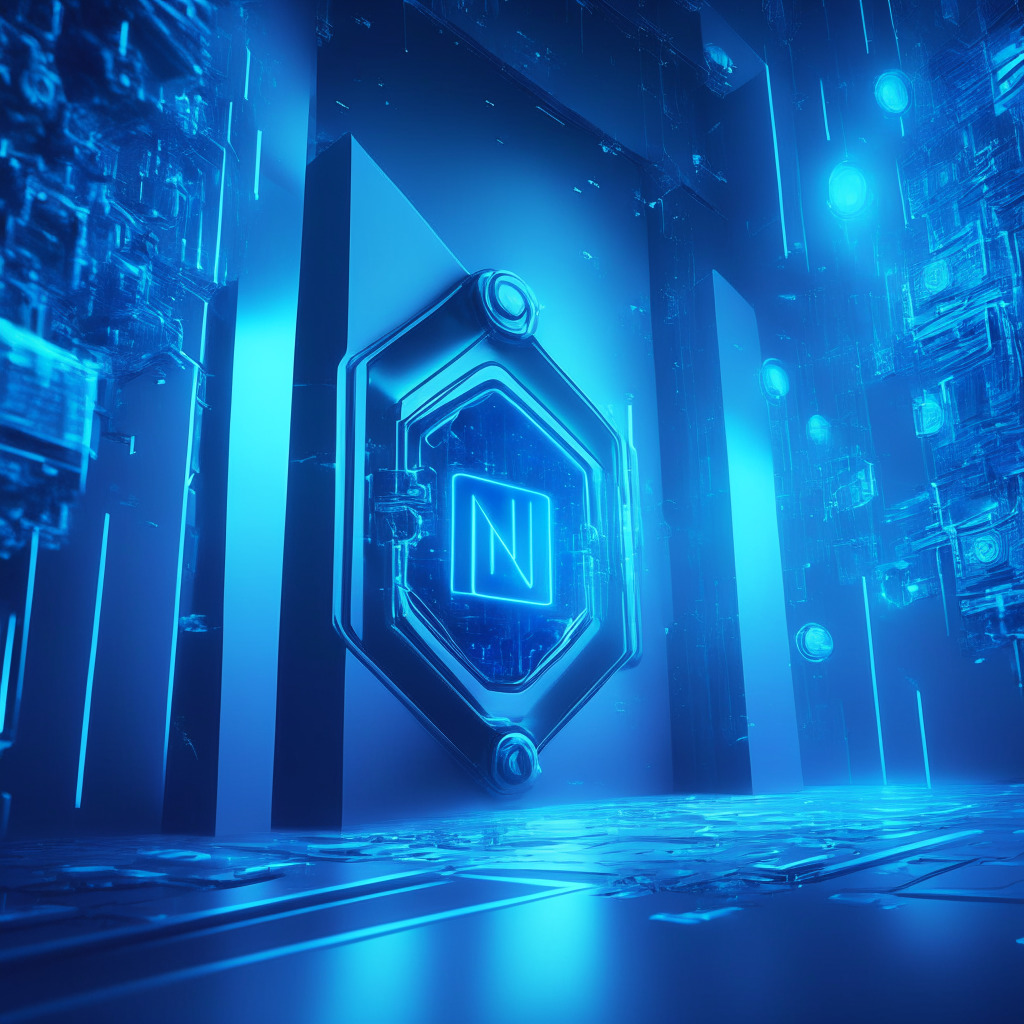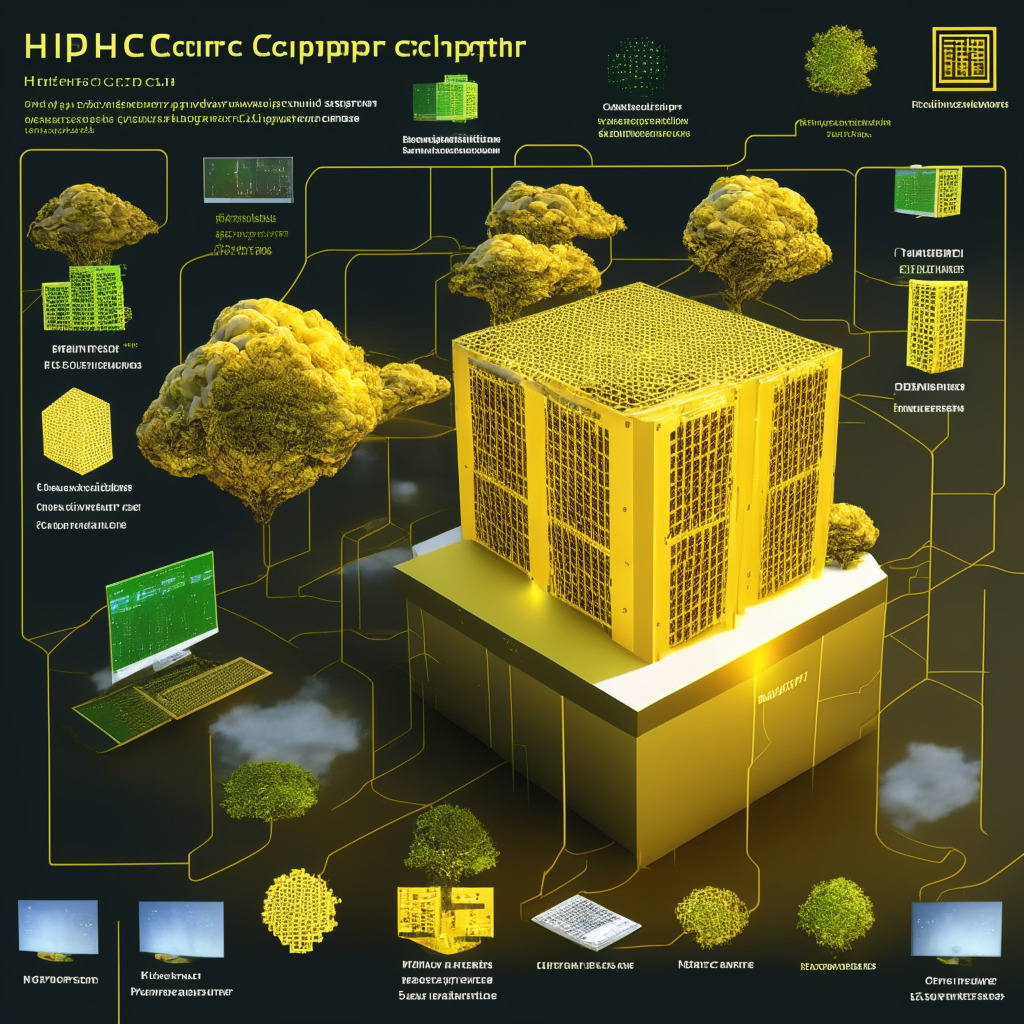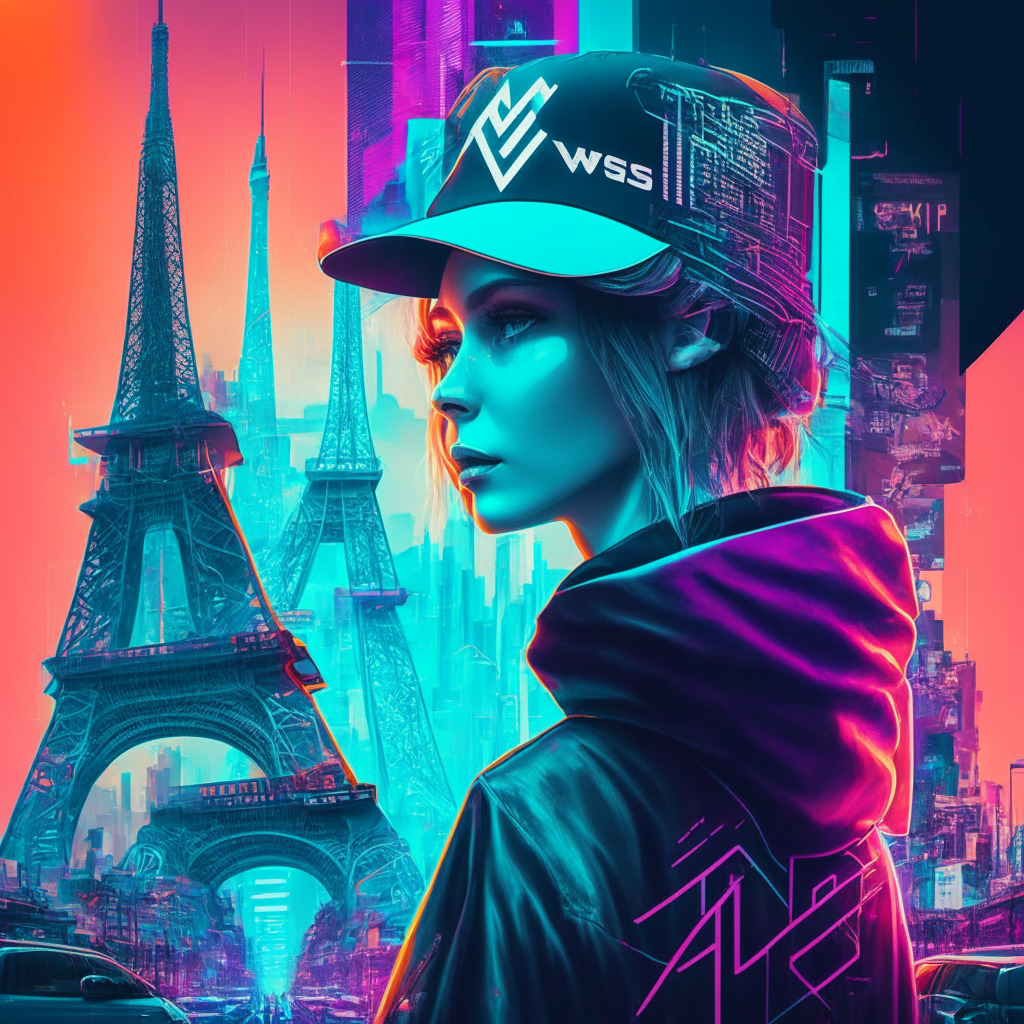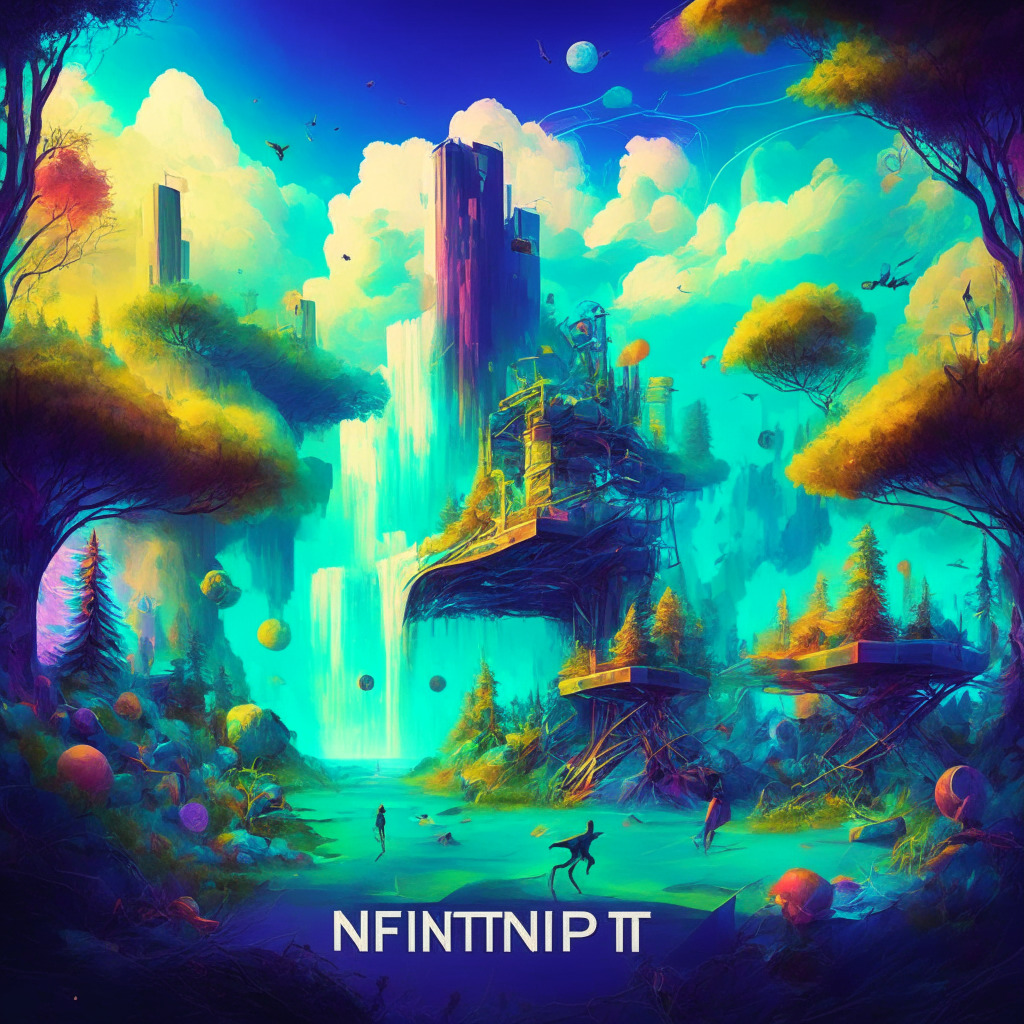Wimbledon 2023 plans to incorporate AI-generated commentary and player analysis, developed by IBM’s WatsonX technology, to enhance fan engagement and offer insights into key moments across online platforms. However, this raises questions about potential impact on traditional commentary roles and opportunities for human commentators.
Category: Technology
Mastercard Engage Expands Crypto Integration: Boon or Bane for the Card Industry?
Mastercard has expanded its Engage program to facilitate cryptocurrency use in the card industry, aiming to expedite crypto card launches and enable crypto-to-fiat conversions. This move aligns with increasing interest from traditional finance companies in digital assets and showcases Mastercard’s commitment to fostering growth within the digital asset ecosystem.
Coding Bootcamps vs Traditional CS Degrees: Weighing the Benefits, Risks, and Outcomes
Coding bootcamps offer immersive programs in technology fields, providing comprehensive training, hands-on projects, and career support. They cover essential programming concepts, web development frameworks, software engineering best practices, and professional skills, helping graduates secure employment in the tech industry.
Binance Labs & CoinFund Fuel Neutron’s Growth: Interchain Security vs AI Funding Dominance
Binance Labs and CoinFund co-led a $10 million funding round for Neutron, a cross-chain smart contract platform in the Cosmos ecosystem. The investment aims to develop Neutron’s blockchain software, allowing developers to create secure, user-friendly decentralized applications (DApps) across 51 blockchains.
Shibacals: Revolutionizing Ownership Verification with NFTs and NFC Technology
Shiba Inu developers unveiled plans for Shibacals, a service linking real-world assets to NFTs for proof of ownership in the upcoming Shibarium ecosystem. Using NFC technology, Shibacals digitally authenticates physical items, adding a layer of protection for collectors and creators.
Pandemic Accelerates Demand for Eco-Friendly HPC: Solidus AI Tech’s Impact on Metaverse & AI Growth
Solidus AI Tech, an advanced computation network, offers eco-friendly high-performance computing (HPC) power for complex AI projects. They aim to address rising demand through green energy locations, energy-efficient IP, stringent data security measures, and supporting the Crypto Climate Accord.
Kakarot Testnet: A Game Changer for Starknet and Ethereum EVM Compatibility?
Starknet’s upcoming Kakarot testnet, launching in August, aims to achieve Ethereum Virtual Machine (EVM) compatibility for the layer-2 scaling solution. Backed by prominent figures like Vitalik Buterin, this development seeks to remove hurdles for developers and improve rollup performance in the Ethereum ecosystem.
Revival of Gods Unchained: Epic Games Store Launch, Mobile Expansion, and Immutable’s Future Plans
NFT game Gods Unchained is set for a revival in 2023 with its launch on the popular Epic Games Store, attracting a larger audience. Developer Immutable Games Studio plans to introduce new game modes, a major expansion pack, and expand to iOS and Android platforms to enhance user experience and accessibility.
Gods Unchained Meets Epic Games Store: Boon or Bane for Blockchain Gaming?
The blockchain-based trading card game Gods Unchained recently launched on the Epic Games Store, introducing its unique blend of NFTs and Ethereum layer-2 technology to 230 million customers globally. This partnership may signify further adoption and integration of blockchain gaming within mainstream platforms amid ongoing skepticism and regulatory challenges.
Gutter Cat Gang, Puma, and LaMelo Ball: NFT Sneaker Collection Sparks Debate
Gutter Cat Gang has partnered with Puma and NBA player LaMelo Ball to launch the “GutterMelo MB.03” NFT sneaker collection, set to hit the market on June 29. Every buyer will also receive a physical counterpart, increasing mainstream awareness of web3 technology and digital collectibles, while raising questions about accessibility and exclusivity in digital fashion.
Heating Up the Crypto Debate: Bathhouse’s Bitcoin Mining Pool Sparks Controversy
A Brooklyn-based spa, Bathhouse, uses a small-scale Bitcoin mining operation to heat their pools and operates on a “Bitcoin Standard.” This unique heating process generates mixed reactions due to Bitcoin mining’s energy consumption and environmental impact, sparking discussions on cryptocurrency innovation.
NFT Autographs and Fashion: Revolutionary Collaboration or Futuristic Fad?
During Paris Fashion Week, Jeff Staple and gmoney introduced NFT-based autographs for limited edition 9dcc x Stapleverse baseball caps. This innovative crossover between Web3 technology and fashion highlights the possibilities of blockchain-based projects. However, a slow shift towards a crypto-enabled fashion world may require a decade, with regulatory politics being the main roadblock.
Exploring the Liquid Staking Boom: Raft’s Massive Growth and Competition in DeFi Space
The liquid staking market is witnessing a surge in interest, with Raft’s total value locked (TVL) reaching over $55 million within three weeks. The success of Raft’s R stablecoin emphasizes the potential of liquid staking derivatives in the DeFi space while raising questions about long-term sustainability.
Dissecting Bitcoin’s Scaling Debate: Intrinsic Problem or Misunderstood Theory?
Bitcoin Policy Institute researchers dispute a paper’s claim of Bitcoin’s limited adoption due to scaling problems, arguing its authors misunderstand Bitcoin consensus achievement and overlook existing scaling solutions. They emphasize Bitcoin’s scalability through off-chain payments, rather than increasing base-layer throughput.
Zora Network Revolutionizes NFT Landscape: Pros, Cons, and Main Conflicts
The Zora Network, focused on revolutionizing the NFT landscape, introduces its layer 2 blockchain network for faster, cheaper, and environmentally friendly minting processes. Built on Optimism’s tech stack and secured by Ethereum, Zora’s platform already endorses over 35 groups, attracts over 100,000 monthly users, and has raised $60 million in investments.
Polygon Copilot: Revolutionizing Web3 with AI-Powered Assistance and User Experience
Polygon Copilot, an AI assistant developed in partnership with LayerE, integrates OpenAI’s GPT-3.5 and GPT-4 to enhance user experience in the Ethereum-compatible blockchain ecosystem. Offering insights, analytics, and guidance, Polygon Copilot makes navigating decentralized applications more accessible and user-friendly, highlighting AI’s growing importance in the blockchain and cryptocurrency industries.
The Future of Purpose-Bound Money: Pros, Cons, and Interoperability Challenges
The Monetary Authority of Singapore is researching central bank digital currencies (CBDCs) and their use cases. A recent white paper explores the potential of purpose-bound money (PBM) and its components: a wrapper and a store of value. PBMs offer privacy and enable both public and private sectors to utilize digital currencies, highlighting the increasing potential and demand for digital currency options.
Navigating Blockchain Complexity: Polygon Copilot’s AI Promise & Privacy Concerns
Polygon Labs introduces no-code AI platform, Polygon Copilot, to simplify understanding of Polygon (MATIC) for blockchain enthusiasts. This AI-powered guide extracts insights from public documentation and Web3.0 content, catering to diverse user needs in NFTs, DApps, gaming, DeFi, and social networks. Despite potential drawbacks, Polygon Copilot aims to bring accessibility to the complex world of blockchain technology.
Iris Energy’s AI Expansion: Boon or Bane for Crypto Mining and Data Center Industries?
Iris Energy plans to increase its Bitcoin mining capacity by over 63% and transition to high-performance computing (HPC) data center strategy by early 2024. This move is fueled by growing AI data center demands, highlighting a trend among crypto miners who are expanding into AI cloud services.
Ramp’s 40 New Fiat Currencies: Boon to Crypto Adoption or Fraud Risk? Debating Pros and Cons
Ramp, a fintech company, is set to expand its compatibility with 40 new fiat currencies, empowering individuals across 150 countries to convert between cryptocurrencies and 43 fiat currencies. This move enhances accessibility, liquidity, and integration between crypto and traditional financial systems but raises concerns regarding fraud and regulatory oversight.
Exploring the Future of DeFi on Bitcoin: Potential and Challenges
DeFi on Bitcoin is possible through innovative solutions, leveraging the security and liquidity benefits of the network. Although integration is a technical challenge, growing interest and developments like RSK and Stacks showcase Bitcoin’s potential role in the DeFi ecosystem.
AI Hype & Crypto Frenzy: Lessons, Risks, and Potential Synergies for Disruptive Tech
This article examines the hype surrounding AI and cryptocurrency, comparing their meteoric rise and the potential for unrealistic expectations. It emphasizes focusing on long-term benefits and striking a balance between radical innovation and practicality to build a solid foundation for future technologies.
AI-Assisted Music in 2024 Grammy Awards: Embracing Innovation or Killing Creativity?
AI-generated music gains recognition as the Recording Academy updates the 2024 Grammy Awards rules to include AI-assisted music, provided human authorship remains significant. This move poses ethical challenges, yet reflects ongoing efforts to balance technology with human creativity in an evolving music industry.
Neutron’s $10M Boost: Fueling DeFi Innovation or Facing Regulatory Hurdles?
Neutron, a smart contract blockchain operating on the Cosmos network, has secured $10 million in funding led by Binance Labs. The investment aims to expand the Neutron platform and boost interest in the Cosmos ecosystem, pioneering smart contract technology and accelerating development of the Atom Economic Zone.
Decentralized Animation: The Future of Film Industry with Atrium’s Nouns Movie Pilot
Atrium has released the pilot for “Nouns: A Movie,” the first-ever animated film funded by a decentralized autonomous organization (DAO), showcasing blockchain technology’s potential in the entertainment industry. By leveraging remote workforce and blockchain technologies, creators can potentially bypass traditional funding and production avenues, ushering in a new era of decentralized entertainment.
Polygon 2.0: zkEVM Validium Upgrade for Improved PoS Chain – Pros, Cons, and Conflict
Polygon Labs proposes upgrading its proof-of-stake (PoS) chain to a zkEVM validium to improve security and performance. The upgrade addresses issues like fast block times affecting gas estimation and chain reorgs while integrating zero-knowledge proofs into the infrastructure. Implementation is expected by Q1 2024 if accepted.
German Agency Uses NFTs in Recruitment: Innovative or Risky Strategy?
The German Intelligence Agency (BND) has released a collection of 999 dog-themed NFTs, “Dogs of BND,” to attract young tech-savvy individuals with an affinity for blockchain technology. Acquired by completing a cyber quest, this initiative aims to recruit future talent fluent in blockchain and mitigate cybercrime.
Teleporting Assets: Storage Proofs Revolutionize Cross-Chain Transfers and Security
Storage proofs, a cryptographic method aiming to revolutionize cross-chain asset transfers, may provide a more secure alternative to vulnerable bridges in the growing blockchain ecosystem. Starknet plans to be the first network to natively integrate storage proofs, potentially eliminating intermediary third-party “oracles,” offering enhanced security and user experience for asset transfers.
Former Meta Exec Leads Starknet Foundation: Decrypting Decentralization Pros and Cons
The Starknet Foundation recently appointed former Meta executive Diego Oliva as its inaugural CEO, marking a significant milestone. Tasked with driving ecosystem growth and decentralization efforts, Oliva, who has a diverse background, will lead the foundation, which now boasts a seven-person board and a reserve of 5.01 billion tokens.
Casa Expands to Ethereum: Analyzing the Rise of Self-Custody in Crypto Market
Cryptocurrency self-custody firm Casa expands its services to include Ethereum, offering private key management for both Bitcoin and Ether. Driven by customer demand for secure alternatives to centralized platforms, Casa strives to make self-custody more user-friendly, emphasizing the importance of individuals controlling their digital assets.
DeFi Tranching: Revolutionizing Crypto Investments for Risk-Averse and Aggressive Investors
Struct Finance introduces an innovative tranching mechanism in the DeFi space, offering tailored financial products for varying risk appetites. This permissionless method allows customized investment models, catering to both conservative and high-risk investors, potentially bringing stability and predictability to crypto investments.
EDX Markets Launch: The Pros, Cons, and Main Conflicts in the Crypto Sphere
EDX Markets, a new crypto exchange backed by Citadel Securities, Fidelity Investments, and Charles Schwab, offers trading for major cryptocurrencies without storing the digital assets themselves. Meanwhile, regulatory concerns and security risks emphasize the importance of vigilance and due diligence in the crypto space.


